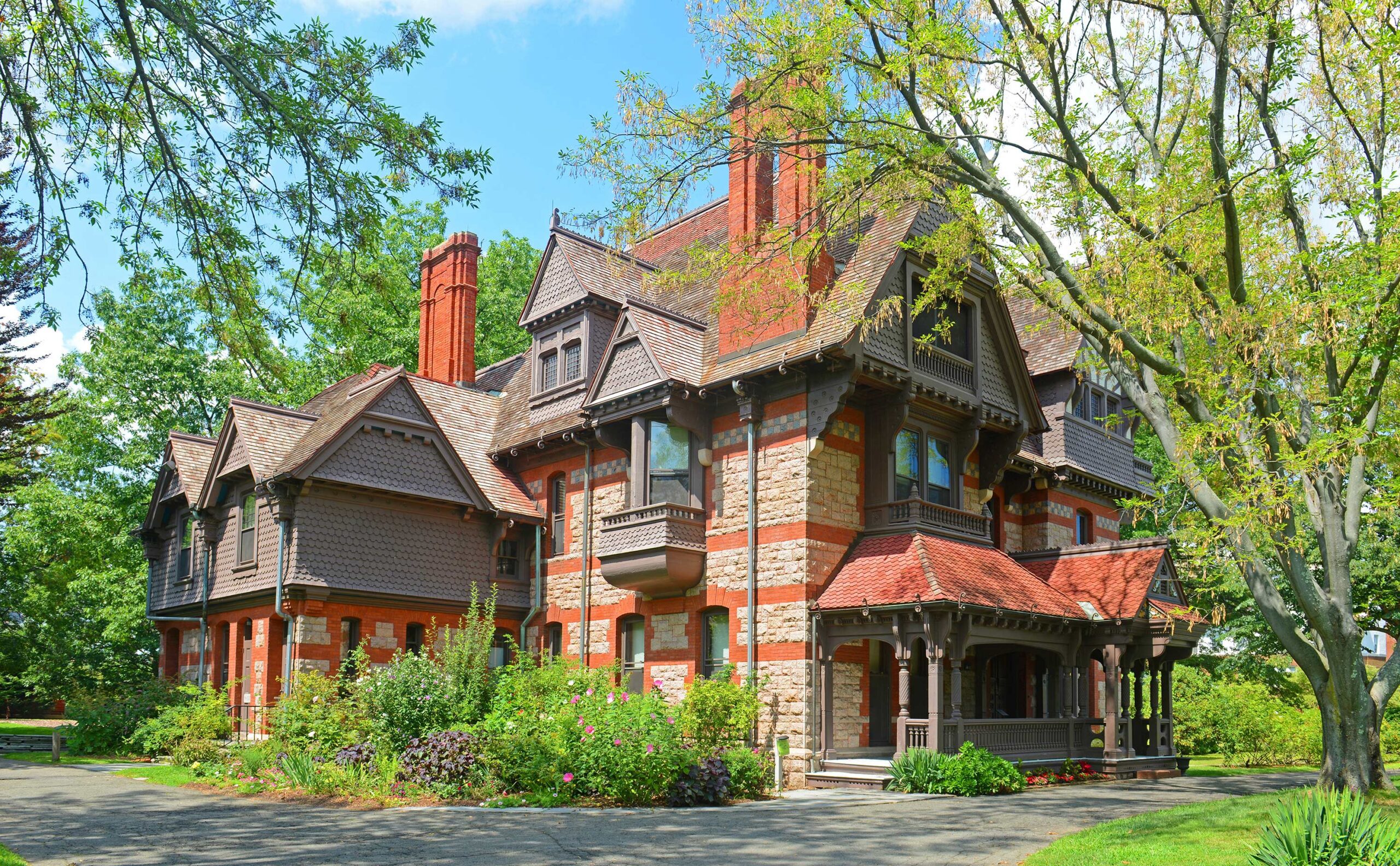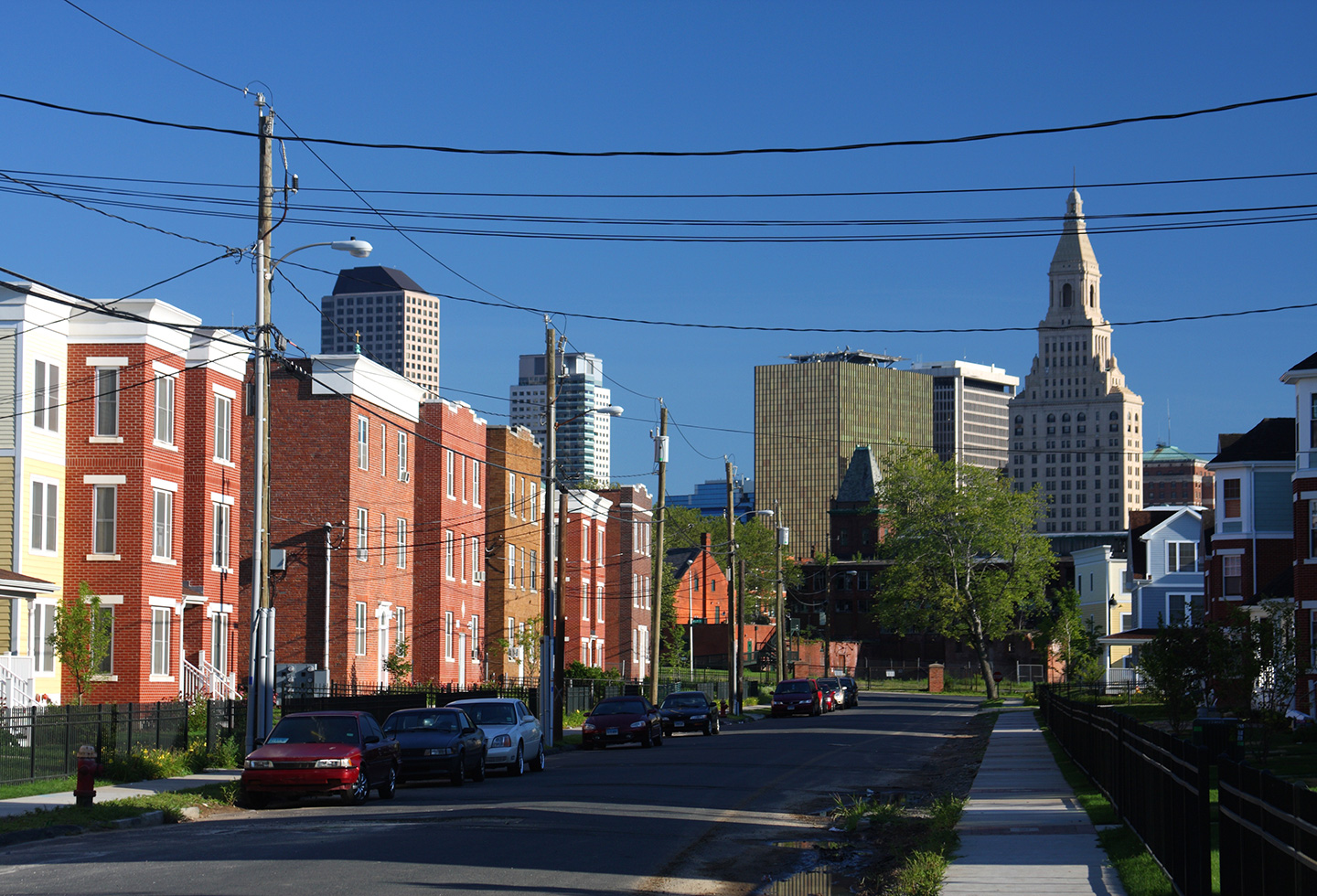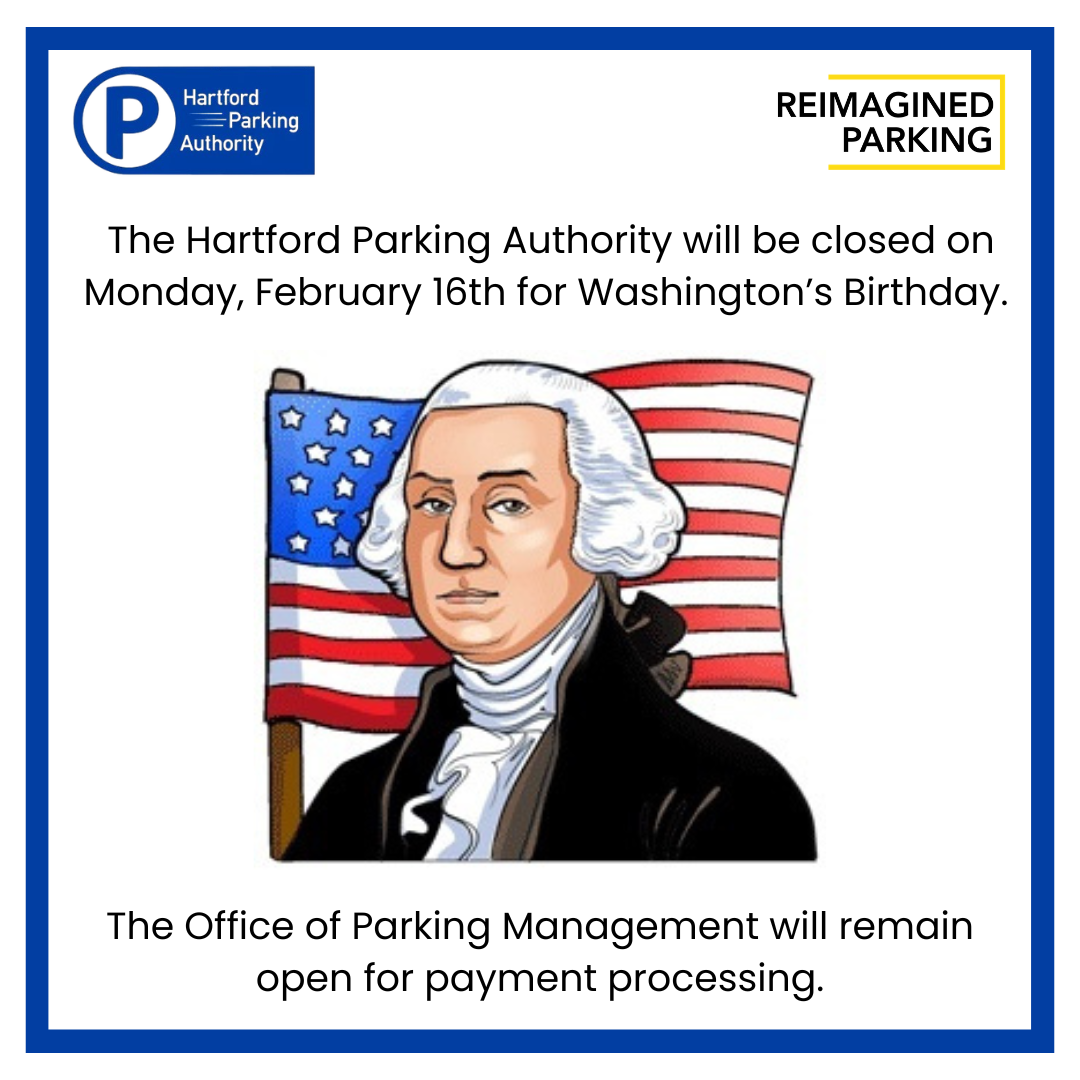
Residential Parking
Permit Program
Frequently Asked Questions (FAQ)
Who can receive a resident parking permit?
How long is the permit valid for?
How many permits can I get?
What types of residential parking permits are available?
How much does a permit cost?
What documentation do I need to obtain a residential parking permit?
What happens if I park in a residential parking zone without a valid permit?
Who can receive a resident parking permit?
If you live on one of the streets approved for a Residential Parking Permit (RPP) you can fill out an application, provide the necessary documentation and pay the annual fee to receive a permit.
Permitted streets are properly marked with street signage.
How long is the permit valid for?
Permits will be renewed on a yearly basis. Each parking permit zone will have its own renewal month. The expiration date is located on the parking permit sticker. All residential parking permit holders are responsible for renewing their permits on an annual basis before the expiration date.
Please note that failure to renew a residential parking permit and continuing to park within a residential parking permit zone may result in parking citations.
Starting in 2024, the Hartford Parking Authority will be visually updating all residential parking permits to move the expiration date to the center of the permit and to increase the font size of the expiration date in order to improve visibility of this information as a reminder to permit holders.
The number of residential parking permits available for each residential parking zone is based on the area’s available parking and resident needs. Please see below for information on allowable permit quantities by location:
| RPP ZONE | STREET | ALLOWABLE PERMIT QUANTITY | EXPIRATION MONTH |
|---|---|---|---|
| Asylum Hill | Collins Street (#128-181) | 2 Permanent, 1 Visitor | January |
| Asylum Hill | Spring Street (#39-101) | 2 Permanent, 1 Visitor | January |
| Asylum Hill | Sumner Street (#33-85) | 1 Permanent, 1 Visitor | January |
| CSS_CON | Charter Oak Place (#12-40) | 2 Permanent, 1 Visitor | March |
| Frog Hollow | Columbia Street (#1-23) | 2 Permanent, 2 Visitor | April |
| Frog Hollow | Park Terrace (#2-24) | 2 Permanent, 2 Visitor | April |
| Frog Hollow | Putnam Street (#245-253) | 2 Permanent, 2 Visitor | April |
| Frog Hollow | Seymour Street (#122-192) | 2 Permanent, 1 Visitor | April |
| Upper Albany | Adams Street (#102-174) | 2 Permanent, 2 Visitor | May |
| Upper Albany | Irving Street (#88-139) | 1 Visitor per Household | September |
| Clay Arsenal | Ann Uccello Street (#480-512) | 1 Permanent, 2 Visitor | June |
| Clay Arsenal | Main Street (#1279-1337) | 1 Permanent, 2 Visitor | June |
| Woodland Drive | Woodland Drive (#1-166) | 1 Visitor per Household | June |
What types of residential parking permits are available?
There are two types of residential parking permits, permanent and visitor. Permanent parking permits are assigned to a vehicle registered to the resident. To qualify for a permanent parking permit, a valid vehicle registration must be provided, where the name and address on the registration must match the provided identification and proof of residency. Permanent permits must be adhered to the bottom of the vehicle’s passenger side windshield. Visitor parking permits can be relocated between vehicles, in order to accommodate visitors including, but not limited to, friends and family, contractors, or visiting medical professionals. Visitor parking permits must be placed face-up on the dashboard and be visible through the windshield.
Each residential parking permit costs $25. Payment can be processed by cash, check, money order, or credit/debit card. Permit fees will be waived if the applicant meets one or more of the following criteria and provides valid documentation, as determined by the HPA in the HPA’s sole and absolute discretion:
- Physically disabled, including, but not limited to, those who are blind, deaf, suffer from seizure disorders, or are reliant on a wheelchair or other mobility aid(s). (Please note that this is a non-exhaustive list of disabilities that qualify for an exemption from permit processing fees.)
- 65 or older and receives property tax relief.
- Permanently and totally disabled and receiving SSA or state disability benefits.
What documentation do I need to obtain a residential parking permit?
- Valid Proof of Identification
- Connecticut Driver’s License
- Passport
- Connecticut Issued Identification Card
- Military or Veteran Identification Card
- CT Department of Social Services Issued Public Assistance Card
- Proof of Residency
- Mortgage Statement (Previous Month)
- Signed Current Lease
- Gas, Cable, or Electric Bill (Previous Month)
- MDC Water Bill (Previous Quarter)
- Bank Statement (Current or Previous Month)
- Credit Card Statement (Current or Previous Month)
- Renter or Homeowner’s Insurance Policy (Current)
- Valid Vehicle Registration – only required for permanent permits.
- Name and address on the registration must match the provided identification and proof of residency.
No resident parking permit shall be issued to any applicant who is not current on property taxes, parking citations, or any other financial obligation due to the City of Hartford or the Hartford Parking Authority.
What happens if I park in a residential parking zone without a valid permit?
A vehicle parked within a residential parking zone without a valid permit is subject to a parking citation with a fine amount of $45. This includes, but is not limited to, not having a permit, having an expired permit, having a fake/fraudulent permit, and not correctly displaying a permit. Please note that a residential parking permit only allows a vehicle to park legally within a residential parking zone and does not exempt the permit holder from any City of Hartford parking ordinances, including, but not limited to, snow parking bans.

